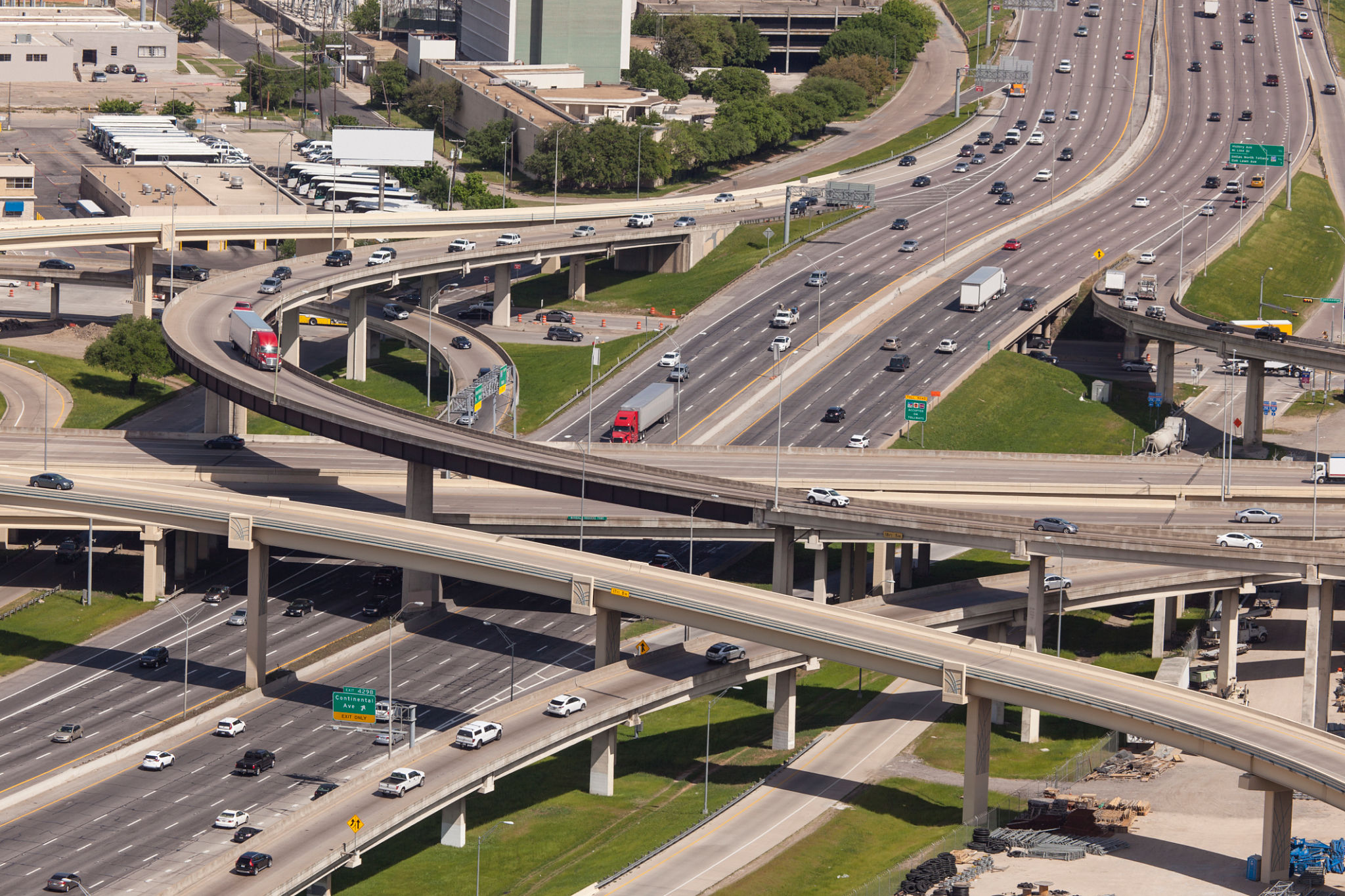Myth-Busting: Common Misconceptions About Eco-Friendly Transportation Solutions in Texas
Introduction to Eco-Friendly Transportation in Texas
Eco-friendly transportation is becoming increasingly popular as individuals and communities seek to reduce their carbon footprint and embrace sustainable living. However, there are several misconceptions about these solutions, particularly in a state as vast and diverse as Texas. In this blog post, we aim to debunk some common myths surrounding eco-friendly transportation options in the Lone Star State.

Myth: Electric Vehicles Aren't Suitable for Long Distances
One of the most pervasive myths about electric vehicles (EVs) is that they are not ideal for long-distance travel. This misconception stems from concerns about limited range and insufficient charging infrastructure. However, Texas has been making significant strides in expanding its network of charging stations, making long road trips in an EV more feasible than ever. Many modern EVs now offer ranges that comfortably support intercity travel, while fast-charging stations along highways ensure quick and convenient recharges.
Expanding Charging Networks
The Texas Department of Transportation and private sector partners have been investing in expanding charging networks across the state. With plans to install more charging stations along major routes, it's becoming increasingly easier for EV owners to plan long journeys without worrying about running out of power.

Myth: Public Transportation Is Not Effective in Texas
Another common misconception is that public transportation in Texas is ineffective or underdeveloped. While it's true that Texas is known for its car-centric culture, cities like Dallas, Houston, and Austin have been improving their public transit systems. Investments in light rail, bus rapid transit, and other public transport options are helping to reduce traffic congestion and emissions.
Innovative Public Transit Solutions
In recent years, Texas cities have introduced innovative solutions like carpool lanes and park-and-ride facilities, encouraging more residents to take advantage of public transport. These efforts aim to make public transportation a viable alternative to driving, supporting more sustainable urban growth.

Myth: Cycling Isn't a Practical Option
Many Texans believe that cycling is not a practical mode of transportation due to the state's size and climate. However, urban areas are increasingly investing in bike-friendly infrastructure, such as dedicated lanes and bike-sharing programs. Cycling can be an excellent option for short commutes and recreational trips, offering both environmental benefits and health advantages.
Overcoming Climate Challenges
While it's true that the Texas heat can be challenging for cyclists, many residents find that early morning or late evening rides are comfortable and enjoyable. Moreover, the growing number of shaded paths and rest areas makes cycling a more appealing choice for those looking to embrace eco-friendly transportation.
Conclusion: Embracing Eco-Friendly Transportation
As Texas continues to grow and evolve, so too do its transportation solutions. By addressing these misconceptions and highlighting the progress being made, we can encourage more residents to consider eco-friendly options. Sustainable transportation is not only possible but also increasingly practical in the diverse landscape of Texas.
